There are multiple fascinating movies out there, but equally fascinating are some of the ones that never were; films that, for one reason or another, never saw the light of day.
Doomed projects that never made it past the starting line range from noir superhero movies to surrealist extravaganzas. It's sad that audiences will never get to see these movies, but it's delightful to imagine what they could have been like.
Christopher Nolan's Howard Hughes Biopic
Fresh off of his mind-bending neo-noir Memento (2000), before having become the blockbuster-directing giant he's known as today, Christopher Nolan had his eyes on a Howard Hughes biopic, sporting what he said was his best script. Jim Carrey was set to star in what he said could have been the role of a lifetime.
Both Nolan and Carrey were extremely passionate about the project, but when Martin Scorsese released his Howard Hughes biopic The Aviator in 2004, Nolan backed down. Though he hasn't closed any doors, it doesn't seem likely that this is a movie audiences will ever get to see.
Darren Aronofsky's Batman: Year One
In both Batman Begins and The Batman, fans got a gritty depiction of the Caped Crusader's early days of crimefighting. Both films took inspiration from Frank Miller's Batman: Year One, but another director was set to adapt the comic before Christopher Nolan or Matt Reeves.
Darren Aronofsky, who had previously directed Pi and Requiem for a Dream, was supposed to direct his own version of Miller's comic for Warner Bros., but both the creator and the studio found that Aronofsky's vision of the character was too dark for them. So, the project never came to be, and Batman Begins came out instead shortly after.
David Lynch's Ronnie Rocket
Those familiar with the style of the surrealist filmmaker David Lynch will understand that Ronnie Rocket, a movie that the director could never secure enough funding for, is extremely hard to describe. It was supposed to tell the story of both a detective seeking to enter a second dimension, and a dwarf who suffers a strange surgical mishap.
The movie's overview sounds like a party of Lynch's idiosyncrasies, including incomprehensible plotlines and unique themes. The director has said that the movie is still a possibility, but it's tragic that it isn't a certainty.
Edgar Wright's Ant-Man
The MCU's Ant-Man, directed by Peyton Reed, came out in 2015 to a warm but unremarkable reception from fans. The original version of the movie, though, would have been much different under Edgar Wright's direction.
The director, known for Baby Driver and his Cornetto Trilogy, had considerably different plans for the hero played by Paul Rudd. His Ant-Man would have been much rompier and would have taken itself less seriously, with a larger focus on the character of Scott Lang and a more stand-alone story.
Tim Burton's Superman Lives
Tim Burton was supposed to direct a Superman movie in the early 90s, which would have been a loose adaptation of The Death of Superman, where the alien Brainiac would have hatched a plot to kill the hero with the help of Lex Luthor.
The film had been stuck in development hell for years before Burton was brought in to helm the project. Wesley Strick and Dan Gilroy wrote the scripts that came close to being filmed, and Nicolas Cage was set to star as Superman (having even done some screen tests), but the movie was eventually shelved for a variety of reasons, most of them unknown.
Colin Trevorrow's Star Wars: Duel of the Fates
J.J. Abrams's Star Wars: The Rise of Skywalker had undoubtedly one of the poorest receptions of any Star Wars film. The original conclusion of the Skywalker Saga, Colin Trevorrow's Star Wars: Duel of the Fates, sounds like it could have been at least a little bit less disastrous.
Although The Rise of Skywalker retained some elements from Duel of the Fates, they are still vastly different movies. Sadly, Trevorrow had to leave the project in 2017 due to creative differences with Lucasfilm.
Alejandro Jodorowky's Dune
Chilean filmmaker Alejandro Jodorowsky is known for his bizarre surrealist style, which he would surely have brought to his interpretation of Frank Herbert's Dune, set to be over 10 hours in length.
Saying that the film was ambitious would be an understatement. As well as a gargantuan narrative, it had a star-studded cast featuring Orson Welles, Gloria Swanson, and Salvador Dalí. Charlotte Rampling reportedly rejected a role because of a scene that involved over 2,000 extras defecating at once. The doomed project's turbulent story even had a documentary made about it in 2013, Jodorowky's Dune.
David Cronenberg's Frankenstein
Canadian director David Cronenberg is recognized as one of the horror genre's biggest visionaries, and the authority in the subgenre of body horror. In the '80s, Cronenberg was attached to an adaptation of Mary Shelley's classic novel Frankenstein.
Cronenberg and Frankenstein sound like the absolute perfect pairing. Although the project never made it far into development, it's known that the director's version of the story would have been more of a rethinking than a remake, respecting Shelley's depiction of the monster more as an intelligent, sensitive man than as a beast.
Orson Welles's Heart of Darkness
Francis Ford Coppola would prove it possible with Apocalypse Now, but in the 30s, it was considered pretty much impossible to adapt Joseph Conrad's masterpiece Heart of Darkness. At one time, though, Orson Welles yearned to carry out such a feat.
Welles's take on the story would have been absolutely revolutionary, with a unique use of the camera and a rebellion against Hollywood's traditional ways of storytelling. Due to financial constraints and the studio (RKO) being terrified of Welles's ambitious vision, the movie never entered production. Instead, RKO asked the director for a more conventional project. Welles gave them Citizen Kane. So, it wasn't a complete shame the way things played out.
Stanley Kubrick's Napoleon
When the topic of projects that were never made comes up, it's hard for the conversation not to touch on Stanley Kubrick's Napoleon Bonaparte biopic at some point. The project was canceled for many reasons, chief among which was the exorbitant cost of production, but isn't hard to imagine just how epic the film would have been in Kubrick's hands.
Kubrick conducted an extensive amount of research for the film, which included watching every single movie ever made about Napoleon. It is said that Kubrick expected to make the greatest film ever made, which makes it all the more tragic that it never came to fruition. However, the script was since become available on the Internet, so it's not only up to the imagination to picture what Napoleon would have been like.

-9.jpg)
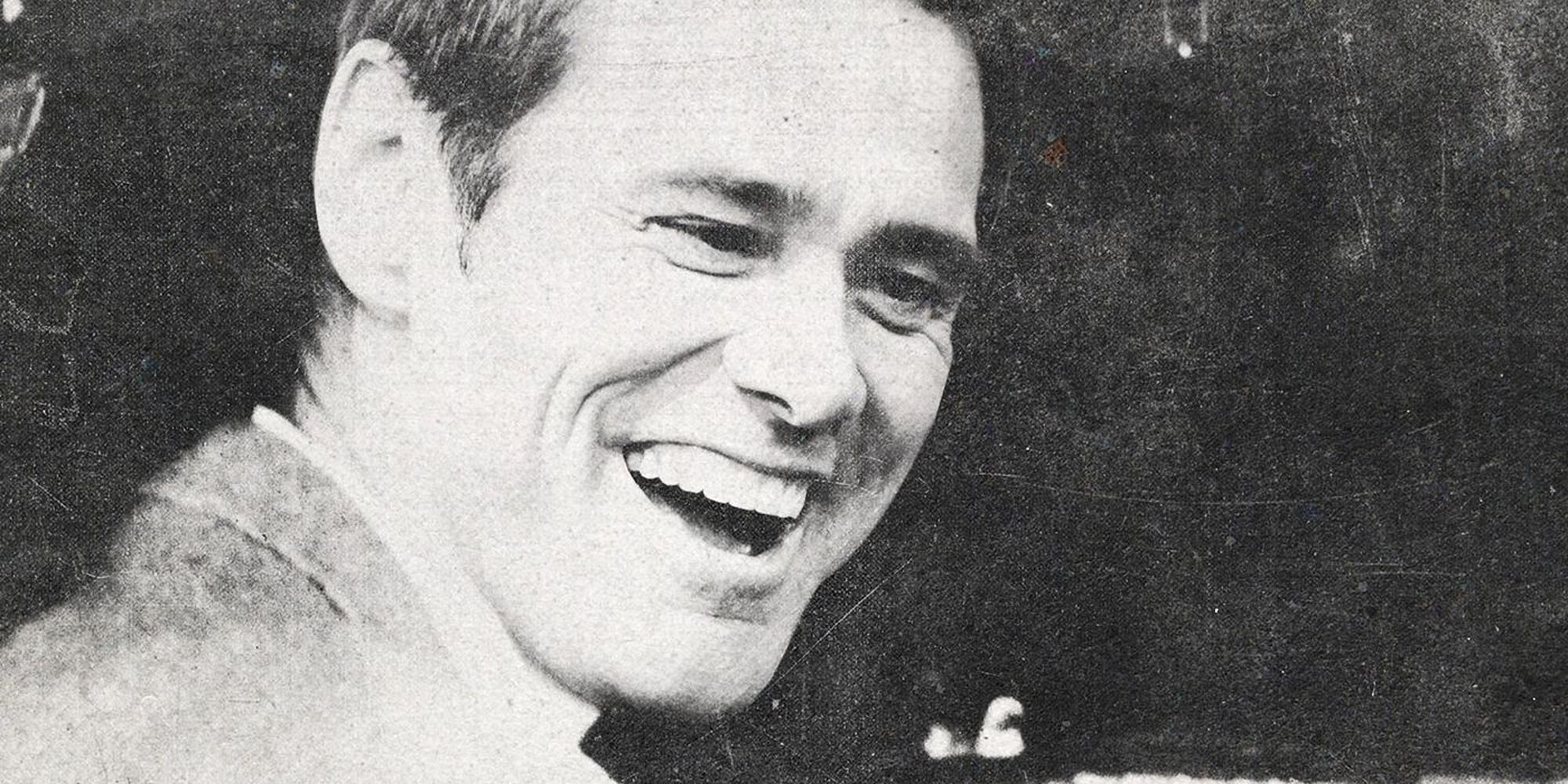
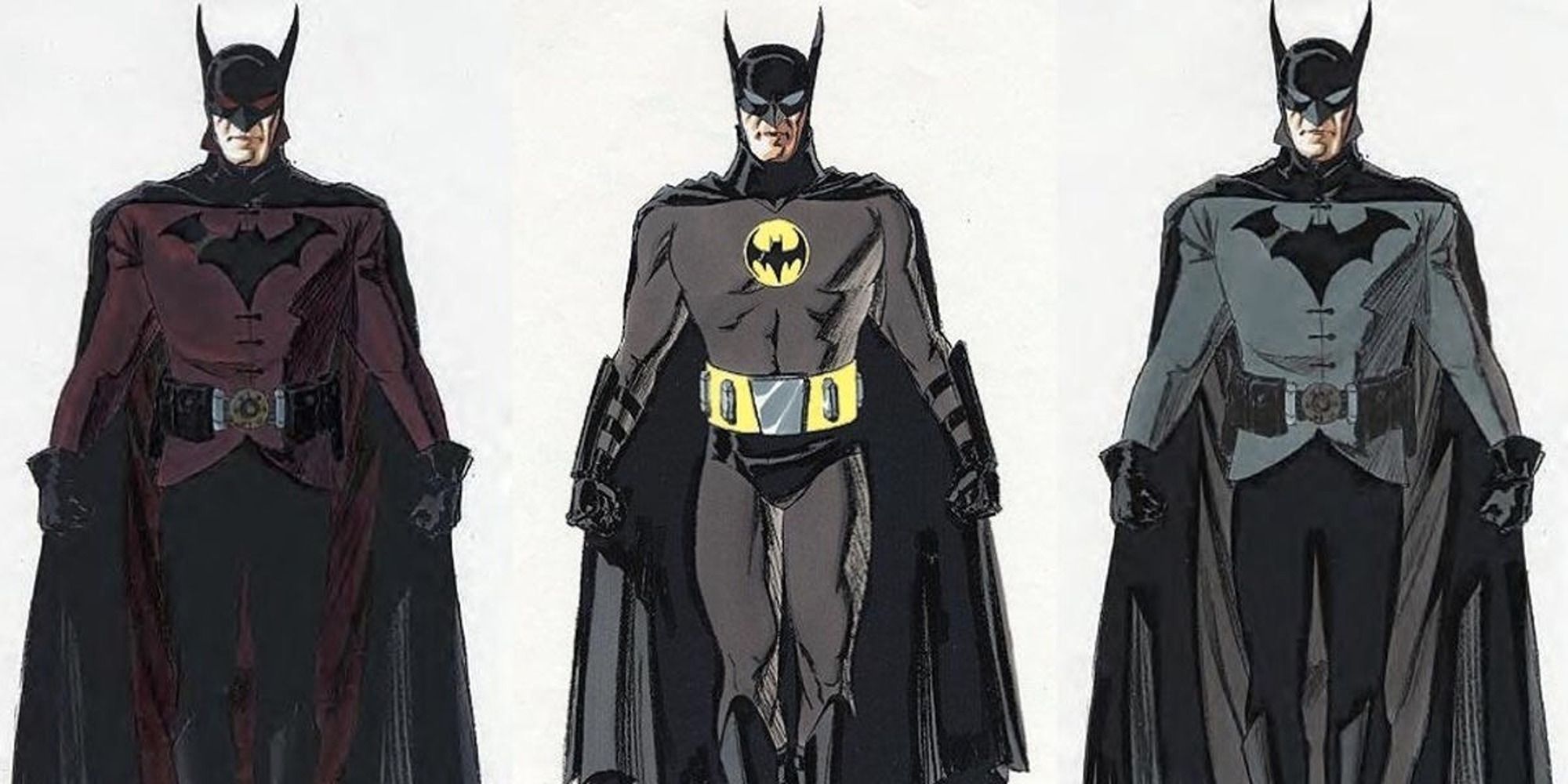
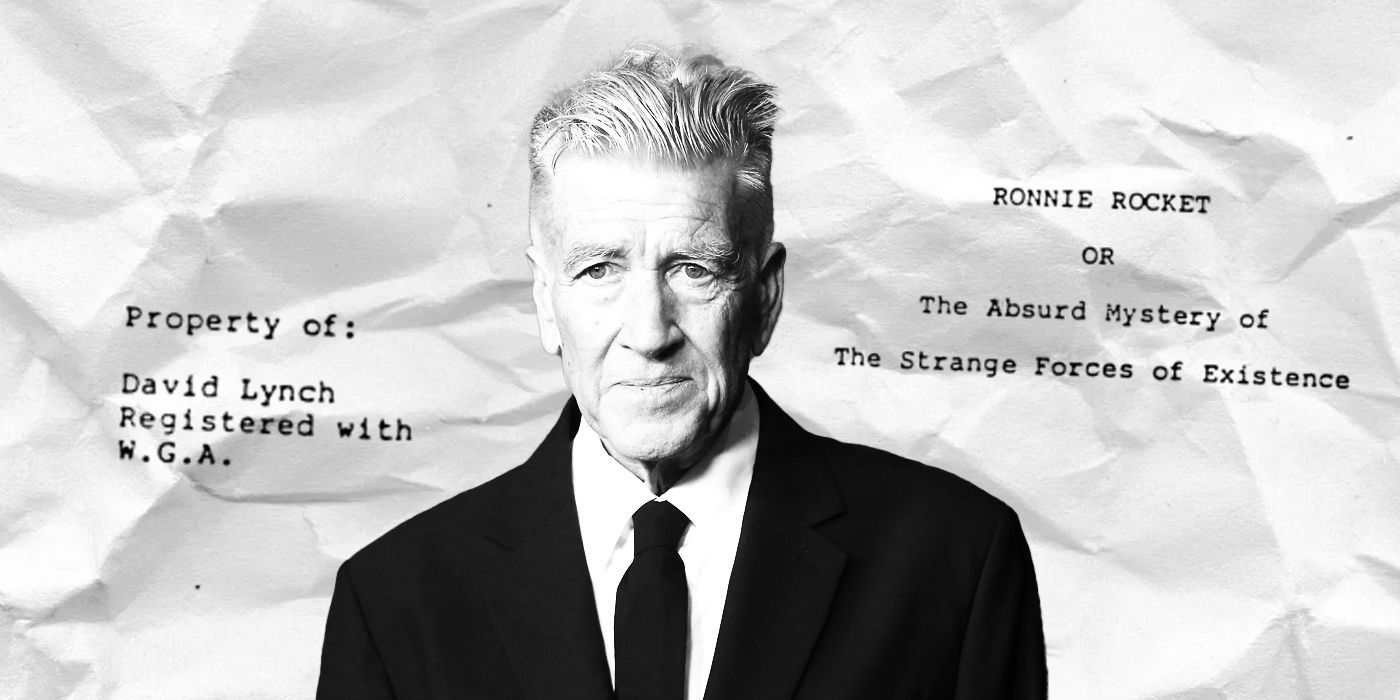
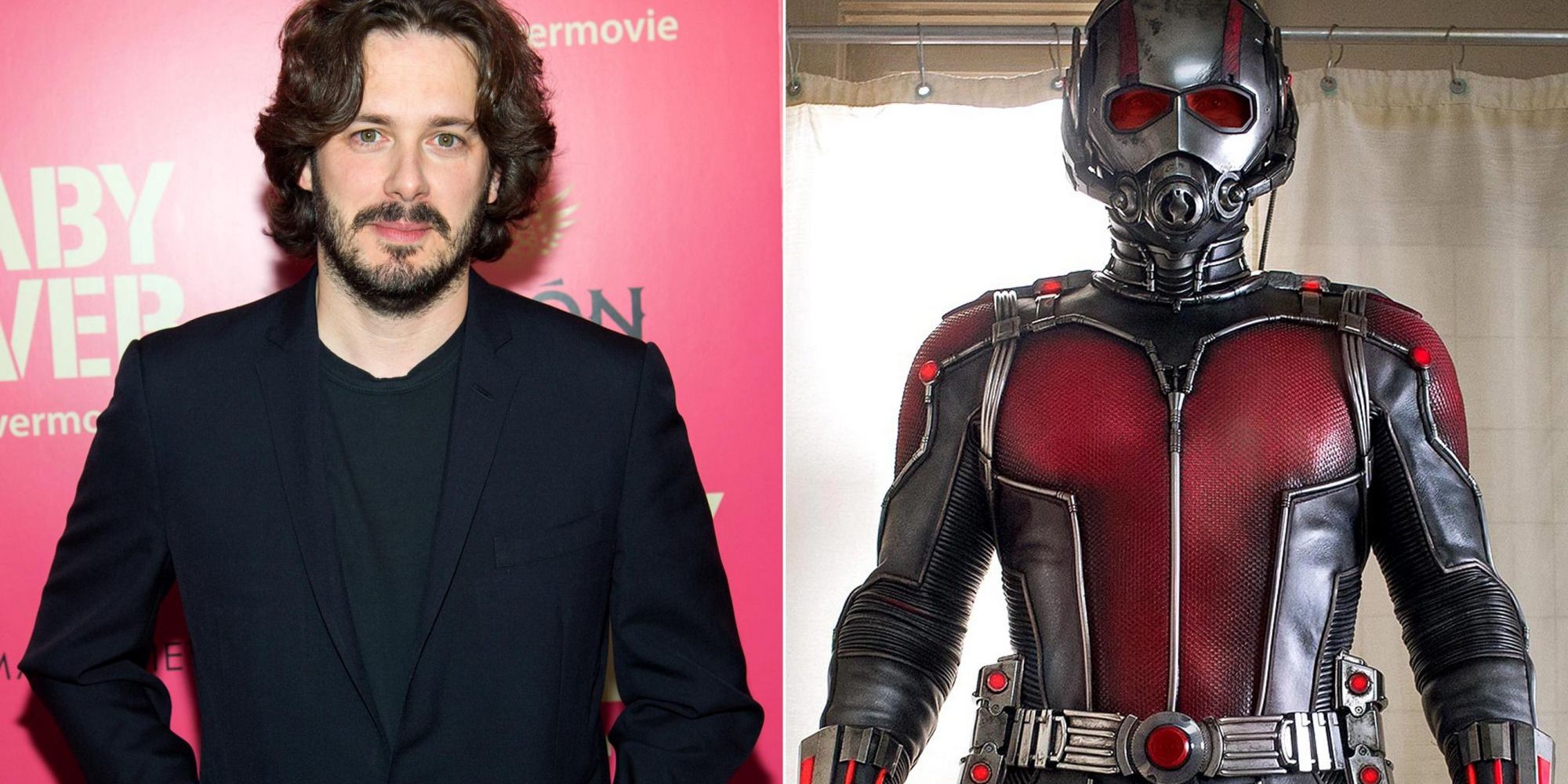
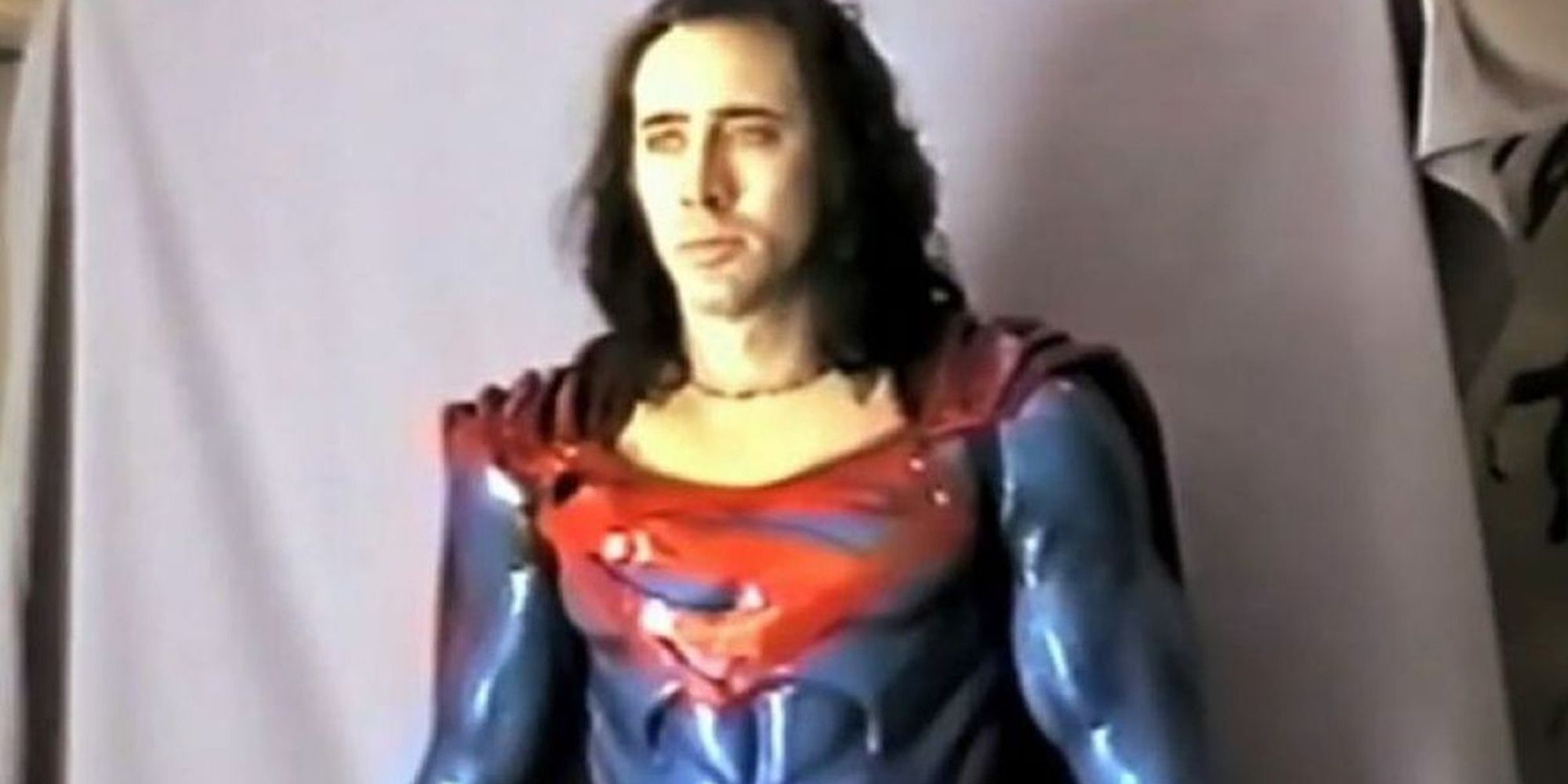
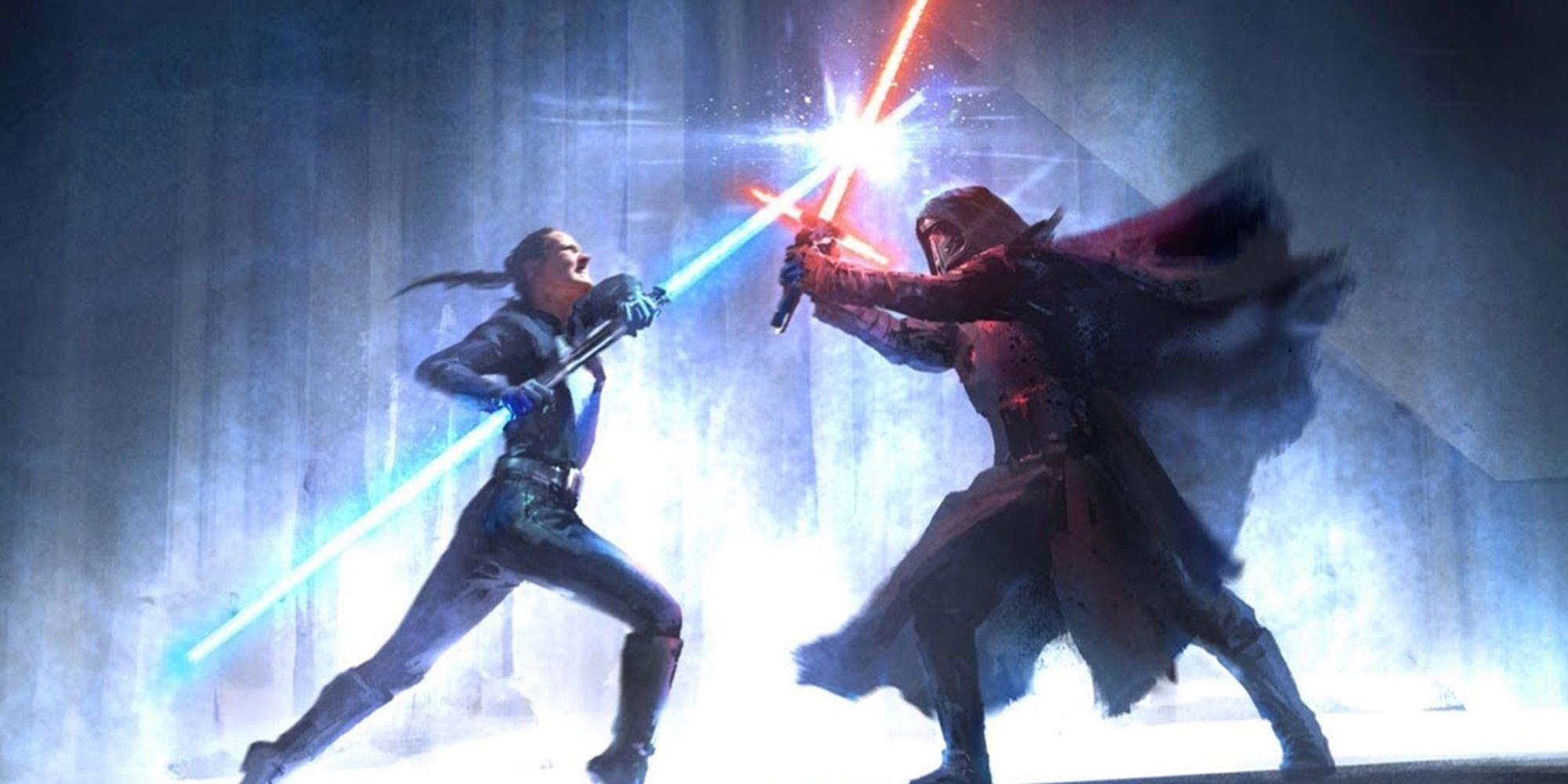
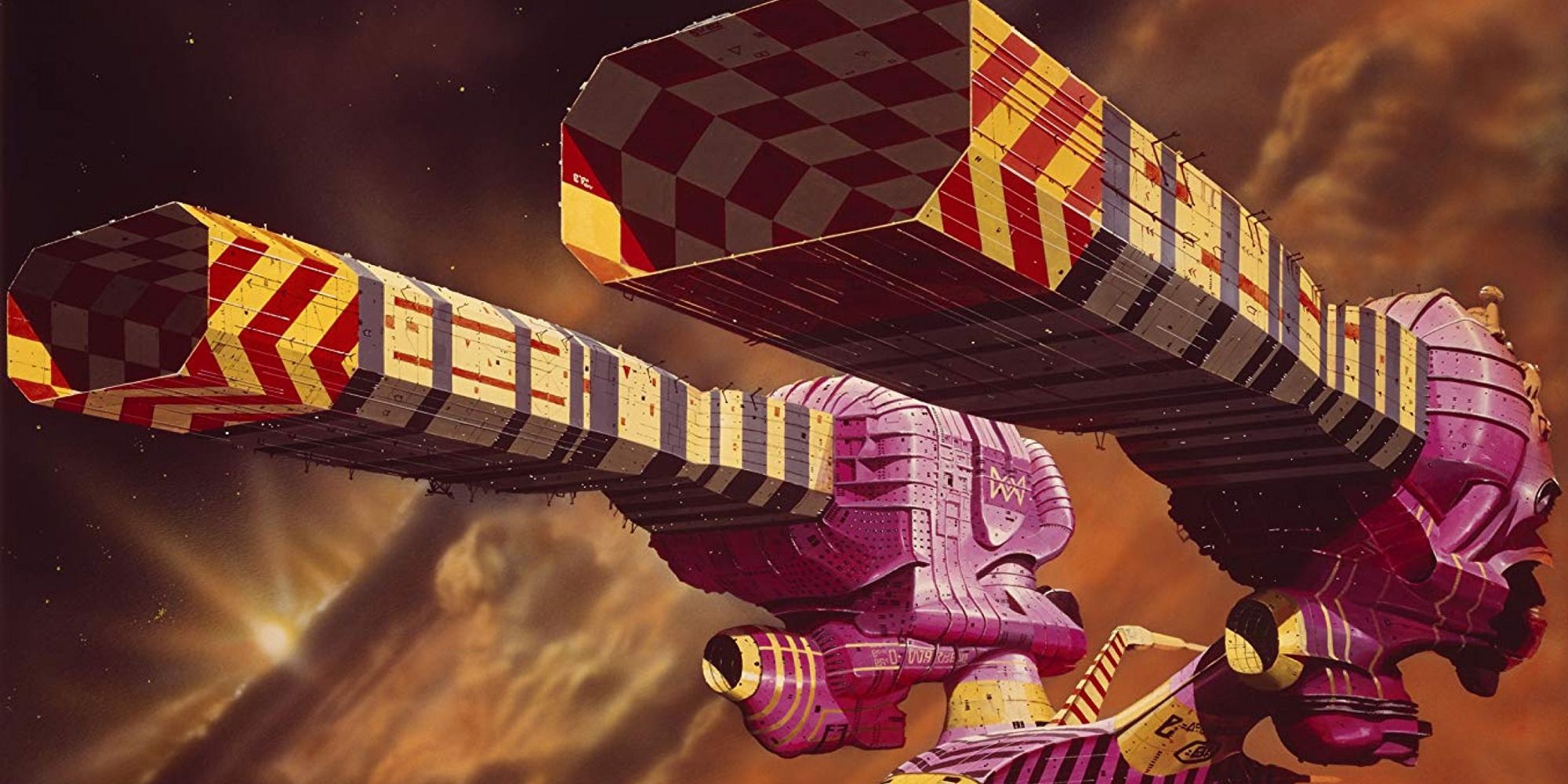
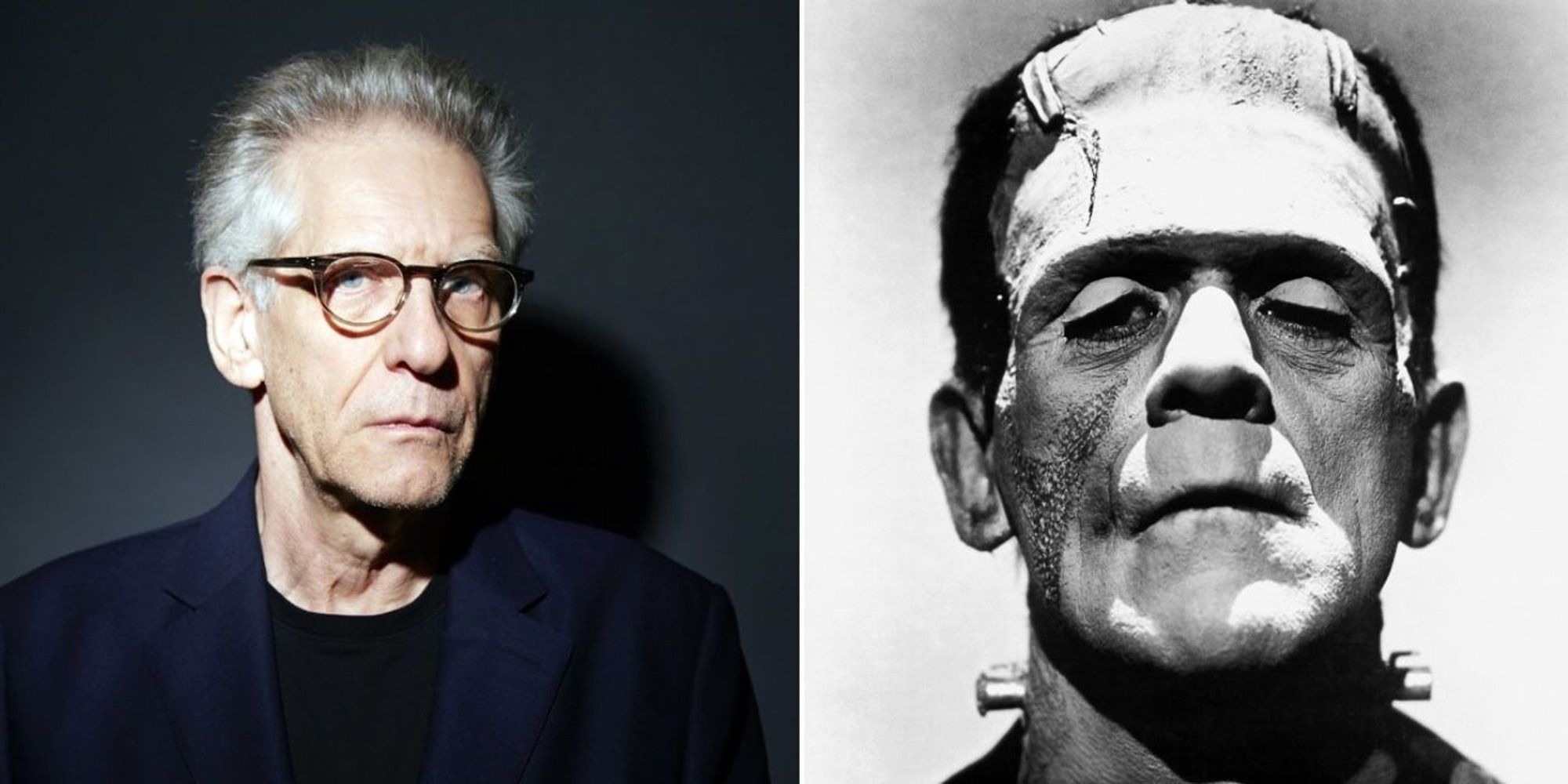
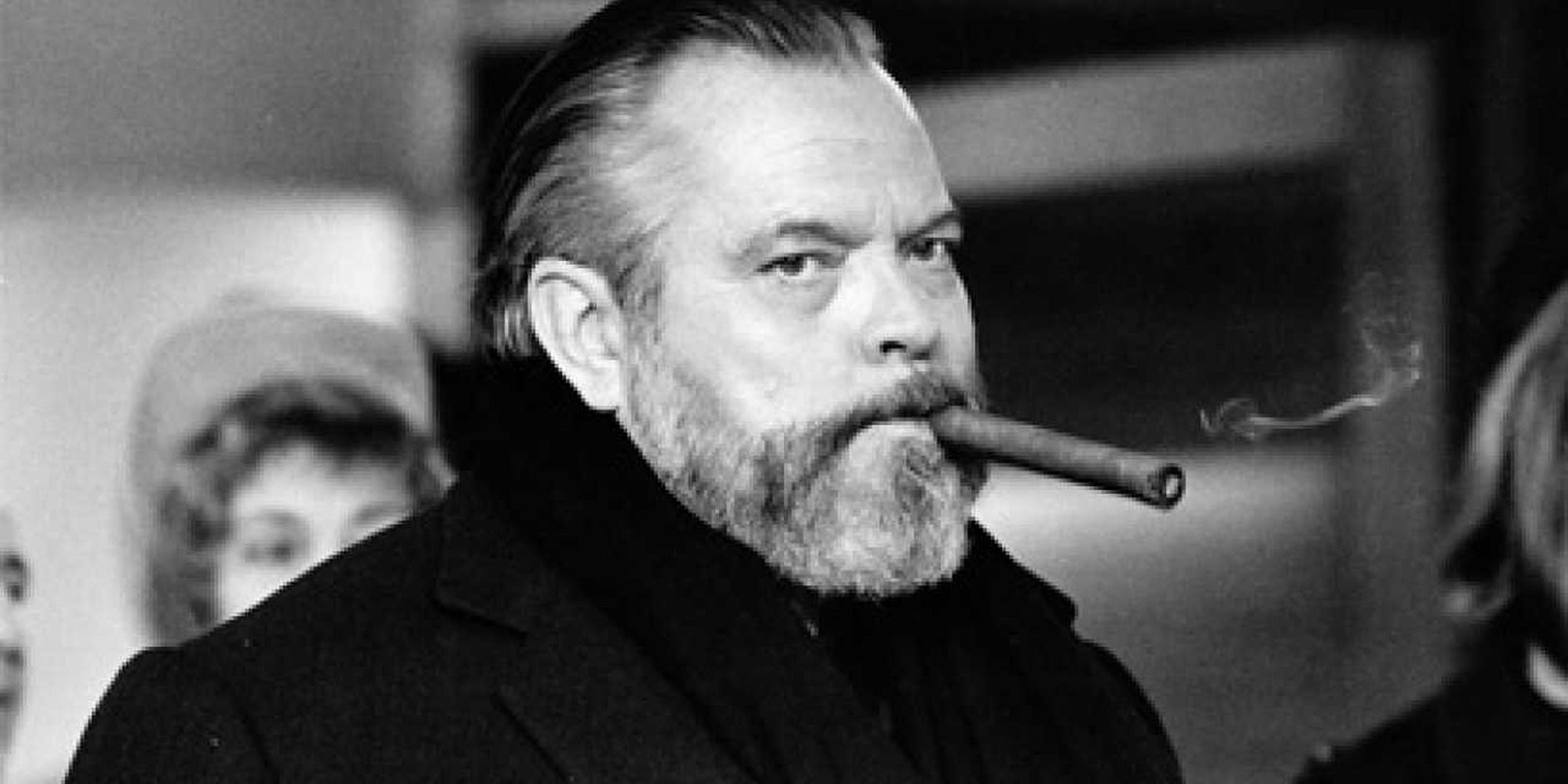
.jpg)